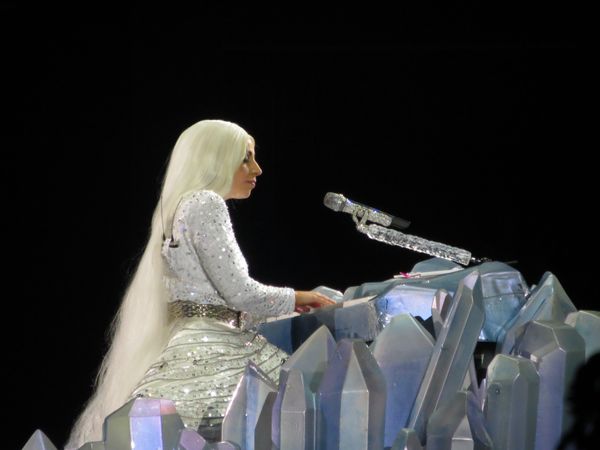Anti-literature is the concept within postcolonial literature that criticizes traditional works of Western literature. This criticism is given on the basis that Western texts, with their bombastic and romantic language, subjective depiction of people and places, and their strong link to Western imperialist and economic interests, have contributed to the oppression of large groups of people. Thus, one of the main characteristics that define postcolonial literature as a genre and differentiates it from other forms of literature is this concept of "anti-literature."
To understand the idea of "anti-literature," take a look at two fundamental texts of postcolonial studies: Edward Said's "Orientalism" and Gayatri Spivak's "Can the Subaltern Speak?" Both Said and Spivak focus a large portion of their work on critically engaging Western scholars such as Marx, Deleuze, Foucault, Renan, Lane, and Sacy. Said and Spivak engage these scholars by pointing out how their writing, in relation to the Orient, was often influenced by their own ideological biases and was thus not true to the sincere nature of the subaltern people they were attempting to represent. In that sense, both Said's and Spivak's works are "anti-literary." This "anti-literary" concept, that traditional literature is unable to accurately depict the truth of the Oriental people, is fundamental to the purpose of both works. And both works are fundamental to the field of postcolonialism. As a result, these works set a precedent- any work of literature hereinafter created could be defined as "postcolonial" if it also engaged with the idea of "anti-literariness."
"Anti-literature" is seen not only within academic pieces such as those of Said and Spivak, but also in postcolonial novels. For example, in Jamaica Kincaid's "Lucy," the protagonist Lucy talks about how when she was a child, she was taught a poem about daffodils in school. Lucy says about this memory, "Mariah, do you realize that at ten years of age I had to learn by heart a long poem about some flowers I would not see in real life until I was nineteen?" The irony here is that Lucy's Eurocentric education forced her to learn a poem about daffodils even though daffodils had nothing to do with her life. These are flowers that are not native to her homeland, that she had never seen before, and that she would never see for nineteen years. Clearly, the body of literature considered canonical in Western education is completely unrelated to Lucy's truth. Lucy's tone in this passage is sharp. It is clear that she is being critical of this unrepresentative literature that she is forced to consume. Thus, we see "anti-literature" is a defining quality of Kincaid's postcolonial novel "Lucy."
It is important to understand that the term "anti-literature" is not propaganda that attempts to stigmatize the reading or appreciation of canonical Western texts. "Anti-literature" simply advises that we look at these texts with a cautious eye. It suggests that we respond to questions such as: How do we compose literature? What must we think of the history of literature? How do we account for literature after the history of colonialism? From this critical thought, "anti-literature" is formed.



















